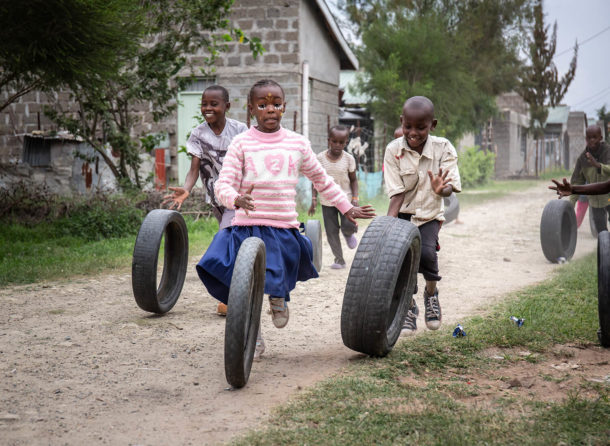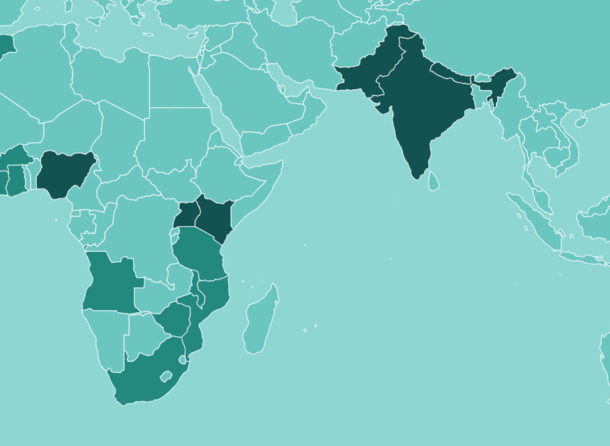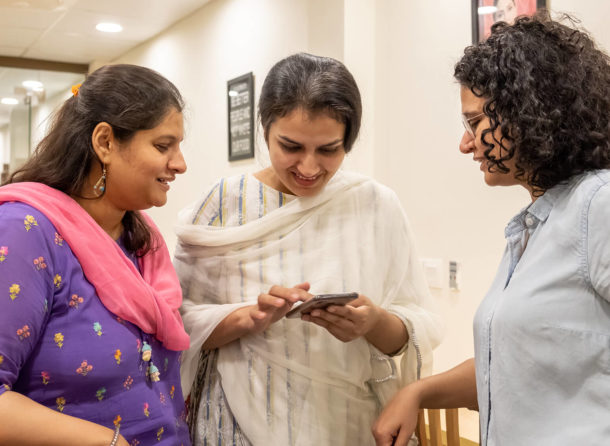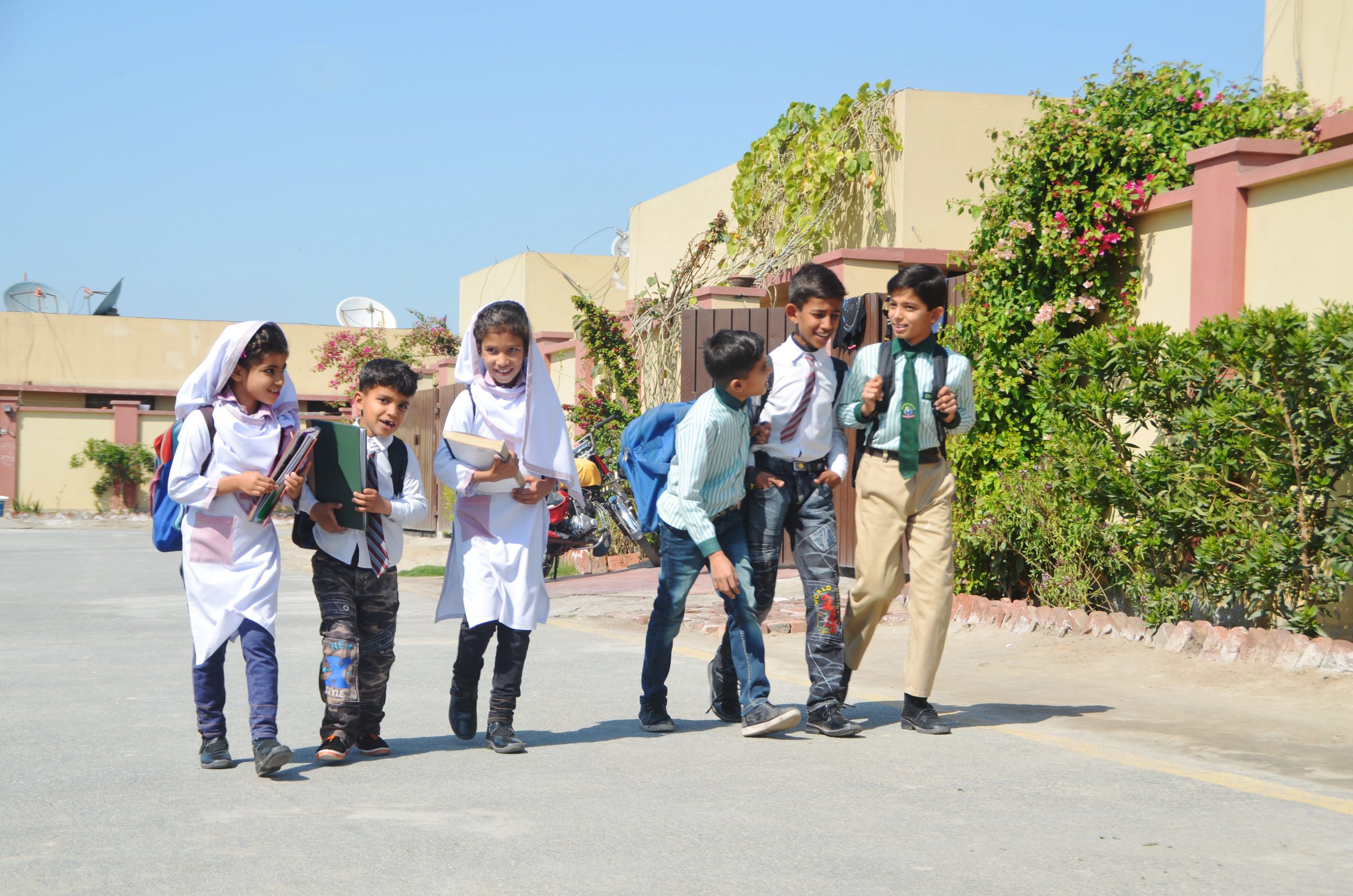
UN World Children’s Day
UN World Children’s Day puts an urgently needed spotlight on the millions of children living in substandard housing across Africa and Asia today. The current housing crisis is not only robbing vulnerable children of the basic human right of a home, but will also lead to issues like malnutrition and disease, mental health disorders, crime and violence, lack of education and in turn a lack of job prospects.
Providing affordable quality housing at scale is a unique opportunity to dramatically improve the lives of millions of children across Africa and Asia.
Three critical ways in which affordable housing positively impacts the life chances of children
Education
- A lack of decent housing significantly hinders the physical, social and cognitive development of young children, especially under the age of five. By contrast, living in safe, stimulating and healthy living conditions can drastically improve the educational performance and attainment of children, especially girls who are disproportionally burdened with domestic duties.
- Children that grow up in quality, modern houses have as much as a four-point higher average IQ and perform significantly better in literacy tests than children living in shanty houses and slums.
- It’s been shown that living in safe, secure and affordable housing also brings out the best in parents, improving their self-esteem and widening their ambitions and expectations for their children. This translates to improved educational performance and greater opportunities later in life, breaking the generational cycle of poverty.
Mental Health
- Inadequate living conditions have an enduring impact on the mental health of young people. Overcrowding is closely associated with delayed cognitive development, diminished reading ability and behavioural problems.
- A decent, affordable home environment that provides children with enough space and privacy can radically improve their psychological functioning by lowering risks of anxiety, depression, conduct disorders and addictive behaviours. This is crucial as good mental health allows children and young people to develop the resilience to cope with whatever life throws at them and grow into well-rounded, productive, adults.
Health
- Inferior housing is strongly associated with poor physical health. In low-income countries, this includes malnutrition, disease, respiratory infections and cardiovascular illness.
- Children living in quality homes in Africa are almost half as likely to contract malaria as children living in slums.
- The exposure of children to such health risks permanently stunts their development, making it less likely they’ll achieve their full height and cognitive potential as adults.
Providing a safe, secure and hygienic home with access to electricity, clean water and sanitation helps overcome these problems and improve the physical health of children in poor countries.
We know that when we create vibrant communities families want to live in, growing markets that businesses want to operate in and profitable platforms investors want to invest in, we help create a more secure and just world for us all.
Read more stories
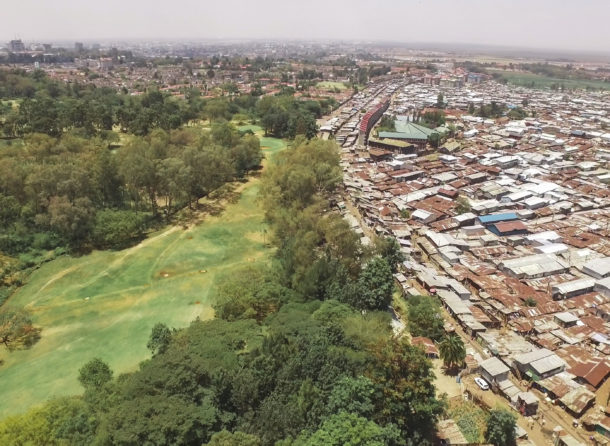
How Affordable Homes could help solve the global climate crisis
The United Nations climate summit, COP25, starts today in the Spanish city of Madrid where climate leaders will push to scale up action and investments into rapidly reducing global greenhouse gas emissions and support broader sustainable development agendas, specifically addressing …
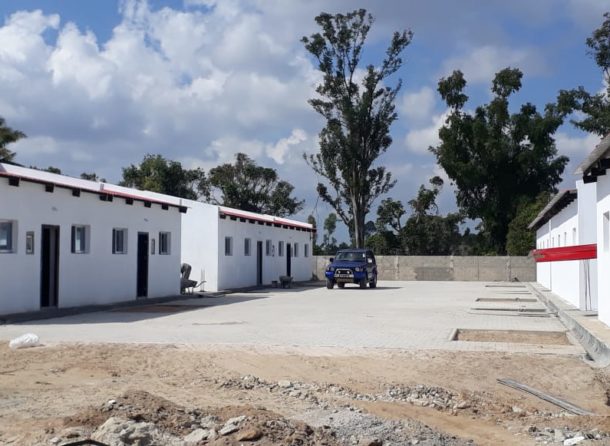
Celebrating affordable housing in Beira
The ribbon-cutting ceremony was attended by Reall’s Director of Investment and Operations Patrick Domingos-Tembwa, Mayor of Beira Daviz Simango and Casa Real Director Marie Odile. The celebration was particularly poignant as these homes managed to withstand the destruction of Cyclone…
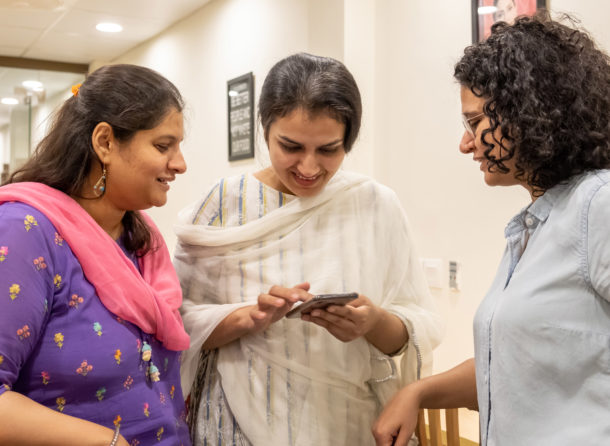
New Partnership: Syntellect
Reall are delighted to be partnering with India-based technology firm, Syntellect. Syntellect are committed to giving unbanked people the opportunity to access mortgage finance across Africa and Asia. Syntellenct has created RightProfile, a customer profiling platform designed to help lenders …
